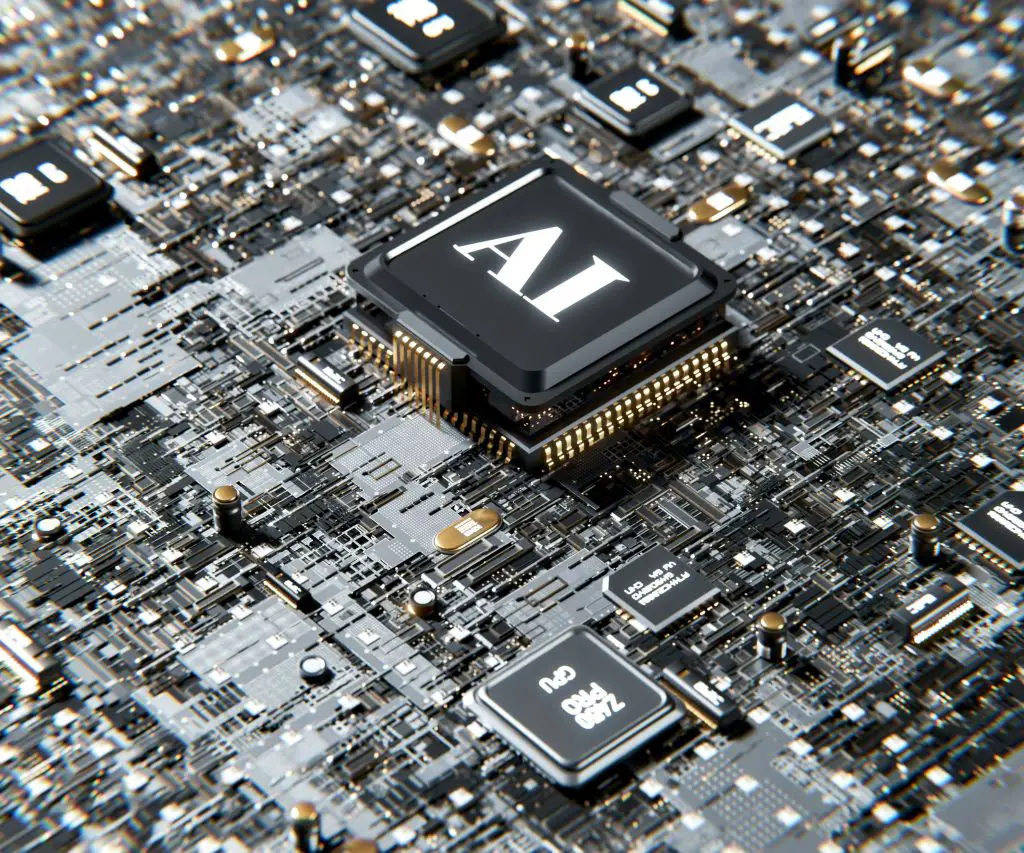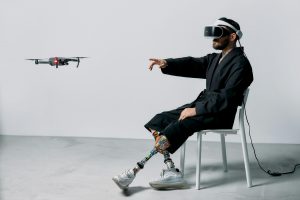AI and The Future

By Yousaf K
Innovation in the field of Artificial Intelligence is already reshaping the existing and future of lives of humans. AI is the main driver of change across every tech-industry. With its expanding popularity, emerging technologies like robotics, IoT, big data, and generative AI are becoming increasingly dependent.
A 2023 IBM survey found 40 per cent of businesses were considering AI for different purposes in their organizations, and 42 per cent of industries have already integrated AI into their processes. Additionally, 38 per cent of businesses have adopted generative AI into their operations and 42 per cent are looking to implement it in the near future.
AI has been in human’s history since 1951, when Christopher Strachey first built an AI computer program, based on a whole game on the Ferranti Mark I computer at University of Manchester. In 1997, IBM’s Deep Blue triumphed over chess grandmaster Garry Kasparov, thanks to the developments in deep learning and machine learning. In 2018, OpenAI released its first GPT models and have since released public AI tools like ChatGPT and GPT-4.
Meanwhile, AI has been used to model human speech, and categorize RNA for vaccines, technologies that are based on algorithm and model-based machine learning, and also focus on generalization, concepts, perception and reasoning.
AI impacting human future
Automation in businesses has led to uncertainties over employment. One-third of the employees’ tasks could be done by AI, worries the employed class. In fact, AI has made its footprints in the workplace, it has endangered human jobs varyingly across different professions and industries. For instance, manual jobs are at higher risk of being replaced by AI, but the demands for jobs like information security analysts, and machine learning specialists has risen drastically.
For AI to perform its tasks smoothly, it requires large volumes of data to train the models and build algorithms unearth results. This process has made the data of every individual quite vulnerable in current. Various companies collecting consumers’ data have led to open investigation into whether the AI enabled programs have negatively impacted the perception of their consumers through their data collection methods.
Considering the graveness of the issue, the U.S. administration proposed an AI Bill of Rights that aims at data privacy issue as its core principle. Although, the legislation does not fully guarantee the rights of individual consumers, it pushes the priority of transparently adding AI into data collection methods by the companies.








